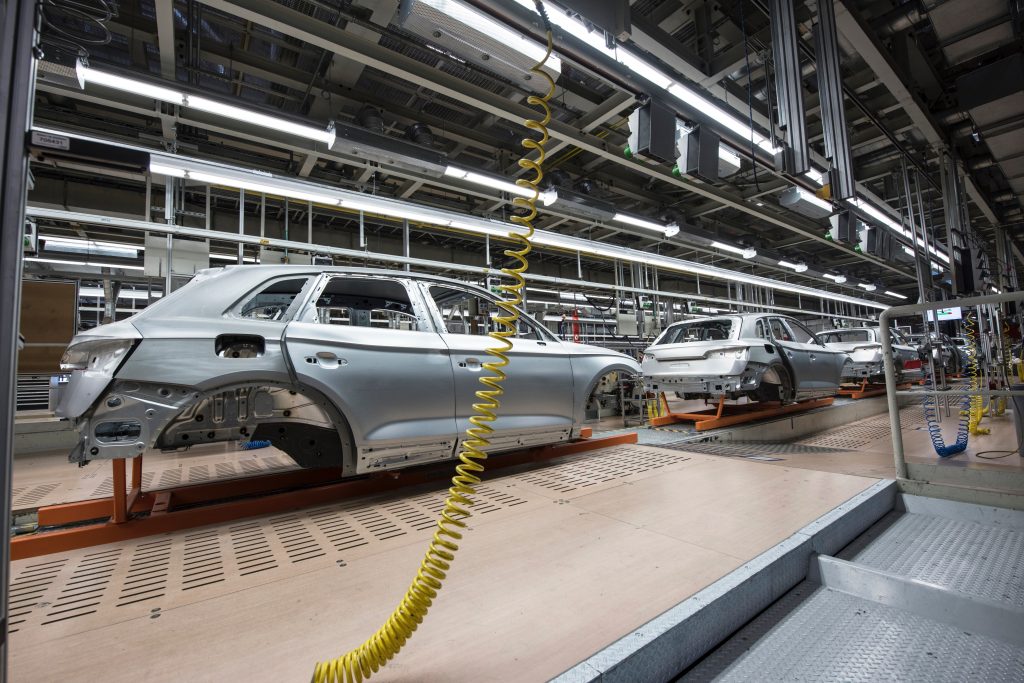In recent years, the automotive industry has experienced an extraordinary shift, largely driven by remarkable technological advancements. These developments have revolutionized the way vehicles are designed, manufactured, and operated, leading to exciting new possibilities for both businesses and consumers alike.
This evolution has brought about the integration of complex electronic systems in modern vehicles, from electronic control units (ECUs) to advanced driver assistance systems (ADAS). Ensuring the safety and reliability of these systems is paramount, and Tektronix logic analyzers have emerged as indispensable tools in achieving this goal.

Applications of Tektronix Logic Analyzers
Debugging and Testing Electronic Control Units (ECUs)
ECUs serve as the brains of modern vehicles, overseeing critical functions like engine performance, transmission control, and safety systems. Tektronix logic analyzers, especially the TLS6000 series (such as the TLA6203), play a pivotal role in debugging and testing ECUs to verify their proper and reliable operation. This is crucial to guarantee that every aspect of a vehicle functions seamlessly.
Analyzing and Troubleshooting Automotive Communication Protocols
In the automotive industry, communication between various components is essential. Protocols such as CAN, LIN, and FlexRay connect ECUs and other devices in a vehicle. Tektronix logic analyzers come to the rescue by enabling thorough analysis and troubleshooting of these protocols. Identifying and resolving communication issues ensures the seamless flow of data within the vehicle’s electronic network.
Testing the Functionality of Automotive Safety Systems
Automotive safety systems, including anti-lock braking systems (ABS), traction control systems (TCS), and airbags, are paramount for ensuring driver and passenger safety. Tektronix logic analyzers are instrumental in testing these systems to verify their functionality, assuring they respond effectively in critical situations.
Verifying Compliance with Regulatory Standards
The automotive industry must adhere to stringent regulatory standards to ensure vehicle safety. Tektronix logic analyzers are employed to verify compliance with these standards, including those set by the Federal Motor Vehicle Safety Standards (FMVSS) in the United States. This ensures that vehicles meet essential safety and performance requirements.

Beyond the Basics: Specific Automotive Applications
Tektronix logic analyzers go beyond the general tasks mentioned above, finding application in more specific areas of the automotive industry:
Debugging and Testing Electric Vehicle (EV) Battery Systems: Electric vehicle battery systems are complex and vital to the operation of electric cars. Tektronix logic analyzers help engineers debug and test these systems, ensuring their safe and efficient performance.
Testing the Functionality of Advanced Driver Assistance Systems (ADAS): With the rise of ADAS features like lane departure warning systems (LDWS) and adaptive cruise control (ACC), Tektronix logic analyzers are essential in verifying the proper operation of these systems, which enhance driver safety.
Verifying Cybersecurity of Automotive Systems: As vehicles become more connected, the risk of cybersecurity attacks grows. Tektronix logic analyzers play a crucial role in identifying and mitigating vulnerabilities in automotive systems, ensuring that they are secure against potential threats.
Logic analyzers have become indispensable tools for automotive engineers. They provide a comprehensive view of the behavior of automotive systems, enabling engineers to swiftly identify and troubleshoot problems. This, in turn, ensures the safety and reliability of modern vehicles. With the ever-increasing complexity of electronic systems in the automotive industry, Tektronix logic analyzers are pivotal in maintaining the high standards of safety and performance expected from modern vehicles.